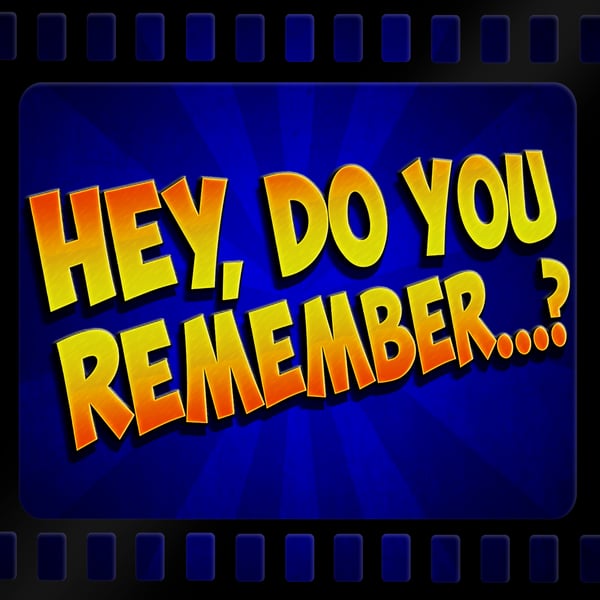High Fidelity
Hey, Do You Remember...?
Christopher Schrader
4.8 • 676 Ratings
🗓️ 2 August 2019
⏱️ 89 minutes
🧾️ Download transcript
Summary

High Fidelity has been on our list since the very first year of this podcast, so we knew all three of us were fans. What was interesting to discover though was just how dramatically our feelings about John Cusack's character have shifted over the years. The film definitely still works, but in a completely different way than it did when we were in our 20s.
Topics include: the novel this is based on by Nick Hornby, the filmmakers decision to move the setting from London to Chicago, what it was like spending some of our formative years in the neighborhood where this takes place, the surprising number of deleted scenes, how the final act sets this apart from other similar movies, and much more!
Check it out! You can now get HDYR merch exclusively through TeePublic!
Patreon / iTunes / Stitcher / RSS / Facebook / Twitter / Instagram
Transcript
Click on a timestamp to play from that location
| 0:00.0 | Hey, do you remember high fidelity? |
| 0:06.5 | Hello and welcome Hey Do You Remember Hey Do You Remember, a show where we reminisce about a movie or TV series we grew up with, then take off the rose tinted glasses to see how it holds up. |
| 0:32.0 | I'm Chris. |
| 0:32.7 | I'm Donna. |
| 0:33.4 | And I'm Carlos. |
| 0:34.4 | And today we're revisiting High Fidelity. |
| 0:52.9 | Music And I'm Carlos. And today we're revisiting High Fidelity. Way back in 1995, whenever author Nick Hornby was asked what his new novel High Fidelity |
| 0:58.6 | was about, he would reply, it's about England. So you might imagine the film adaptations |
| 1:04.4 | decision to change the location from London to Chicago raised a few eyebrows. But at that point, |
| 1:10.3 | a more literal translation of the |
| 1:11.6 | material had been in development for three years, and there was very little to show for it. |
| 1:15.8 | So when John Cusack and his writing and producing partners from Gross Point Blank were offered |
| 1:19.9 | the opportunity to take a crack at it, relocating it was the first thing they all unanimously agreed |
| 1:25.1 | on. And according to Cusack, that was actually the easiest part of |
| 1:28.5 | adapting the story. Having grown up in the Chicago area, he saw a perfect transposition with the |
| 1:33.9 | subculture that Hornby had described in his book. Some of the UK-specific jargon had to be |
| 1:38.8 | jettisoned, but by and large, their script perfectly captured the heart and soul of the material. |
| 1:44.0 | The specificity of |
| 1:44.9 | Chicago's alternative music scene at the time certainly gave it a sense of authenticity, but it |
| 1:49.6 | was its more universal themes, like a 30-year-old realizing it might be time to grow up that |
| 1:54.4 | really struck a chord with audiences. When discussing the process of choosing the music for the |
| 1:59.2 | film soundtrack, Cusack spoke about how the same song can take on dramatically different meanings depending on what point in your life you're listening to it. |
... |
Please login to see the full transcript.
Disclaimer: The podcast and artwork embedded on this page are from Christopher Schrader, and are the property of its owner and not affiliated with or endorsed by Tapesearch.
Generated transcripts are the property of Christopher Schrader and are distributed freely under the Fair Use doctrine. Transcripts generated by Tapesearch are not guaranteed to be accurate.
Copyright © Tapesearch 2025.

